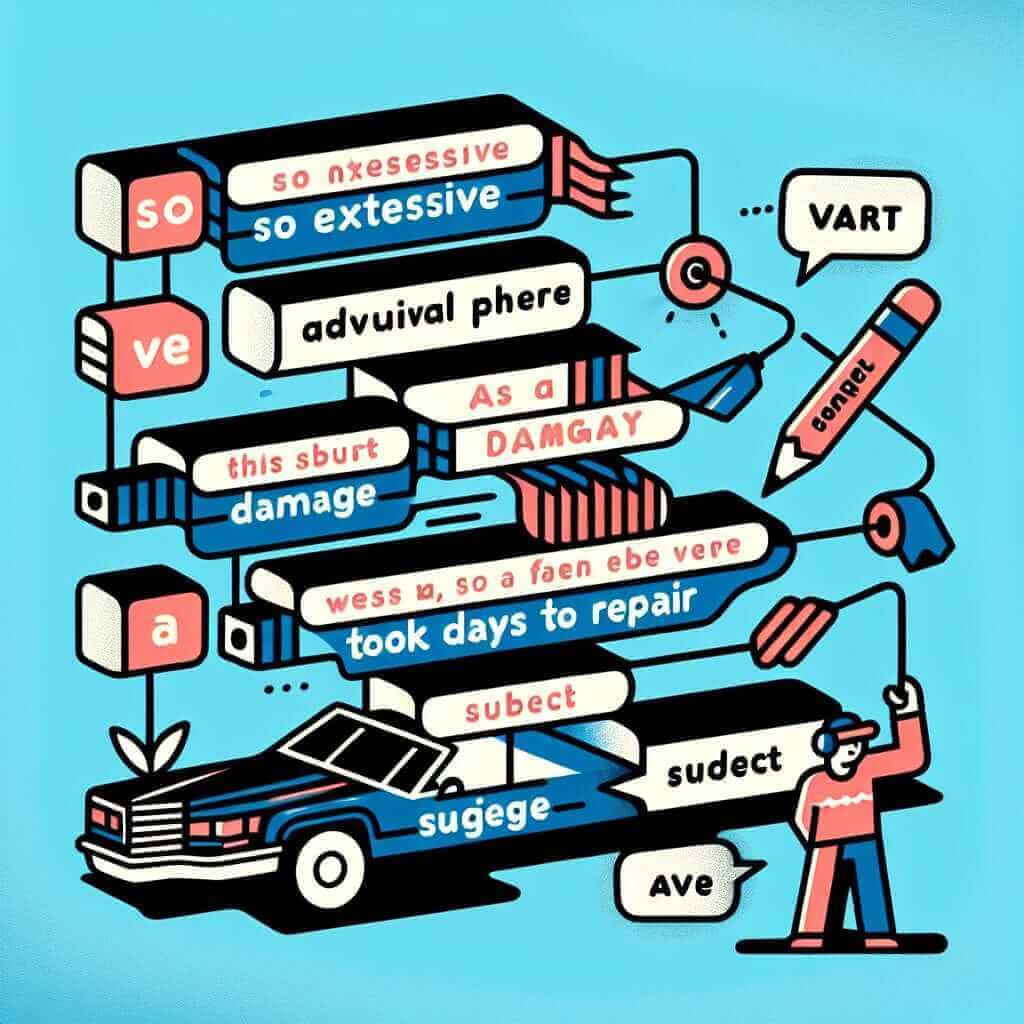Have you ever encountered sentences beginning with phrases like “so extensive,” “never before,” or “little did I know”? These intriguing structures, known as inversion, can significantly enhance your IELTS writing and speaking scores, demonstrating a sophisticated command of English grammar.
Here are some examples of how inversion can be used in different sections of the IELTS exam:
Speaking (Part 2: Describe a time you experienced extreme weather):
“So heavy was the downpour that the streets transformed into rivers within minutes.”
Writing (Task 1: Describing a graph showing an increase in city pollution):
“No sooner had industrial production begun to rise than air quality began a steep decline.”
Writing (Task 2: Essay discussing the importance of preserving historical sites):
“Only by understanding the past can we truly shape a better future.”
Understanding Inversion in IELTS
Inversion flips the typical subject-verb order in a sentence, creating emphasis and adding a touch of formality. While we see inversion less frequently in everyday speech, it is a hallmark of academic and literary English, making it a valuable tool for IELTS.
The Structure and Mechanics of Inversion
The structure of inversion depends on the specific phrase or word that triggers it. However, a common pattern emerges:
[Negative or Limiting Adverb/Adverbial Phrase] + Auxiliary Verb + Subject + Main Verb
Let’s break down our initial example:
“So extensive was the damage that it took days to repair.”
- So extensive: This is our adverbial phrase, emphasizing the degree of damage.
- Was: The auxiliary verb, inverted with the subject “damage.”
- The damage: The subject of the sentence.
- Took: The main verb.

When and How to Use Inversion
Inversion is particularly effective in the following scenarios:
-
Expressing Condition and Result:
- “Had I known about the traffic, I would have left earlier.”
- “Should you need anything, please don’t hesitate to ask.”
-
Highlighting Negative or Limiting Adverbs:
- “Never before had I seen such a breathtaking sunset.”
- “Rarely do we get the opportunity to travel.”
-
Emphasizing Degree or Extent:
- “So captivating was the novel that I finished it in one sitting.”
- “Such was the demand for tickets that the concert sold out in hours.”
Inversion in IELTS Writing: Sample Applications
Task 1 (Graph Description):
Instead of: “The price of oil increased dramatically in 2010, and this led to a recession.”
Use inversion: “Not only did the price of oil increase dramatically in 2010, but it also triggered a recession.”
Task 2 (Essay – Importance of Education):
Instead of: “We can only achieve true societal progress if we prioritize education.”
Use inversion: “Only by prioritizing education can we achieve true societal progress.”
Common Mistakes to Avoid
While inversion can make your writing more sophisticated, incorrect usage can lower your score. Here are common pitfalls:
- Overuse: Don’t force inversion into every sentence. Use it judiciously for emphasis.
- Incorrect Word Order: Remember the specific word order required for each type of inversion.
- Informal Context: Avoid inversion in informal writing or speaking tasks, as it sounds out of place.
Inversion: Your Path to a Higher Band Score
Mastering inversion can be a game-changer for your IELTS score. It demonstrates a strong grasp of grammar, allowing you to express complex ideas with clarity and style. Practice incorporating inversion into your writing and speaking, paying close attention to accuracy and context, and watch your confidence and band score soar!